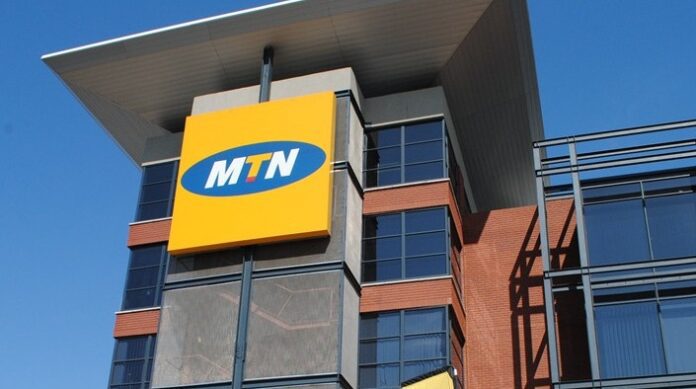Bayobab Group, a subsidiary of MTN Group, has successfully restored its operations, recovering over three terabits per second (Tbps) of capacity across the world to bolster network connectivity.
A statement from MTN Group dated March 19 said, “Bayobab’s ecosystem facilitates secure and scalable global traffic within Africa and the rest of the world, serving 19 MTN markets, third-party Mobile Network Operators, Technology corporations and other Telecoms Service Providers.”
MTN Group underscored the negative impact of the undersea cable disruptions, which affected service delivery. The statement, however, stressed the company’s commitment to ensuring the situation is resolved.
“Although the recent subsea cable disruptions on 14 March 2024 presented challenges, we have demonstrated our capabilities to maintain a resilient network and efficiently reroute traffic.
“Throughout this challenging period, we prioritised the restoration of services by swiftly activating new cables to increase inter-connectivity and establish alternative routes, thereby bolstering our network resilience,” the statement added.
The telecommunications giant reiterated that “this approach solidifies our commitment to prioritising network reliability and our dedication to connecting Africa and our customers as quickly as possible marking the final stretch toward connecting all our valued customers.”
Background
All mobile and fixed data services went down nationwide in the early hours of Thursday, March 14.
The internet disruption brought several activities to a halt, with mobile network operators (MNOs) running on minimal data capacity.
According to the National Communications Authority, Ghana lost about 1,596.6 Gbps of data capacity owing to multiple undersea cable cuts.
Read also: Undersea cable cut: Telcos are bringing other capacities into the country – Ken Ashigbey
However, MTN Ghana announced on March 18 that it had secured additional network capacity from its international partners, resulting in an improvement in data connectivity.
MTN Ghana promised its clients that it was examining all possibilities to alleviate the data difficulties they were facing.
Ghana needs a robust contingency plan
Meanwhile, the Executive Director of the Centre for Maritime Law and Security, Dr. Kamal-Deen Ali, has emphasised the importance of the country having a robust plan to reduce its over-reliance on submarine cables for data transfer.
In an interview with Alfred Ocansey, host of TV3’s Ghana Tonight programme on Friday, March 15, Dr. Kamal-Deen Ali stated that there must be “thorough discussions on the disruptions” that can happen to submarine cables to inform future action.
He noted that “disruptions such as this do happen from time to time,” stressing that “as a country, we must have a very robust contingency plan to deal with such disruptions when they happen.”
According to the maritime security expert, there are clear indications that the country did not have any plan to address the issue of the internet blackout, which has lasted close to 48 hours since the incident occurred.


